Understanding DOT Compliance
DOT compliance refers to adhering to the regulations set by the U.S. Department of Transportation (DOT). These regulations are enforced to ensure that commercial vehicles operate safely, efficiently, and within federal law. Whether you’re a trucking company, a freight carrier, or an owner-operator, maintaining compliance is essential for business continuity, public safety, and legal operation.
Who Needs DOT Compliance?
DOT compliance applies to commercial vehicles operating interstate with a gross vehicle weight rating (GVWR) of over 10,001 pounds. It also applies to vehicles transporting hazardous materials or more than eight passengers for compensation. Businesses in these categories must follow specific regulations to avoid penalties.
What is the importance of the DOT?
The DOT ensures public safety by regulating transportation across highways, railroads, airways, and waterways, and enforcing standards for commercial transportation safety.
What is DOT compliance software?
DOT compliance software is a digital solution used to automate record-keeping, manage driver hours, schedule inspections, and ensure compliance with FMCSA rules and regulations.
Key Components of DOT Compliance
Driver Qualification Files (DQF)
Maintaining complete and accurate Driver Qualification Files is a critical part of compliance. These files should include:
- Employment history verification.
- Medical certificates.
- Drug and alcohol test results.
Vehicle Maintenance and Inspections
Regular vehicle inspections and maintenance are mandatory. Companies must keep detailed records of repairs and routine checks to ensure roadworthiness. This include:
- Document all repairs and services.
- Maintain inspection schedules.
- Ensure roadworthiness to avoid out-of-service violations.
Hours of Service (HOS) Regulations
Drivers must comply with HOS rules to prevent fatigue-related accidents. Electronic Logging Devices (ELDs) are often required to track driving hours accurately.
Drug and Alcohol Testing
All CDL drivers must undergo pre-employment, random, and post-accident drug and alcohol testing. This ensures safety and compliance with federal laws.
Safety Audits and Inspections
The DOT conducts safety audits to assess compliance. Failing these audits can lead to:
- Loss of DOT operating authority
- Operational shutdowns
- Hefty fines
Benefits of DOT Compliance
Improved Safety
Compliance reduces the risk of accidents by ensuring drivers and vehicles meet safety standards.
Avoidance of Penalties
Non-compliance can lead to hefty fines and legal issues. Staying compliant helps you avoid these unnecessary costs.
Enhanced Reputation
Companies that prioritize compliance build trust with customers and partners, boosting their industry reputation.
Common Challenges in DOT Compliance
Keeping Up With Changing Regulations
DOT rules are frequently updated. Staying informed is essential to maintain compliance.
Managing Documentation
Maintaining accurate and up-to-date records can be time-consuming but is necessary for audits and inspections.
Training Employees
Training programs are often overlooked. Employees must be educated regularly on changing DOT regulations and best practices.
How to Achieve DOT Compliance
Invest in Compliance Tools
Leverage software to streamline record-keeping and reporting. Compliance tools help monitor driver hours, vehicle maintenance, and more.
Regular Training Programs
Conduct regular training sessions to educate drivers and staff about DOT regulations and updates.
Partner With Compliance Experts
Consider hiring consultants or compliance managers to navigate the complexities of DOT requirements effectively.
Conclusion
DOT compliance is essential for ensuring safety, avoiding penalties, and maintaining operational efficiency. By understanding the requirements and implementing robust practices, businesses can achieve long-term success while prioritizing safety on the road. Partnering with a reliable DOT compliance company can simplify the process, providing expert guidance and support to help you stay compliant and focused on your core operations.
FAQs
DOT compliance is the process of meeting all legal and safety requirements outlined by the U.S. Department of Transportation for operating commercial motor vehicles in the United States. This includes driver qualifications, vehicle inspections, hours of service tracking, and drug testing programs.
DOT compliance ensures that commercial vehicles operate within legal and safety standards, reducing accidents, avoiding fines, and ensuring efficient transport operations.
To develop policies and enforce laws that ensure the safe and efficient movement of goods and people across the U.S. transportation systems.
Yes. If your business operates CMVs or transports goods/passengers across state lines, DOT compliance is federally required.
By using compliance software, conducting regular training, and working with third-party experts who specialize in DOT and FMCSA regulations.
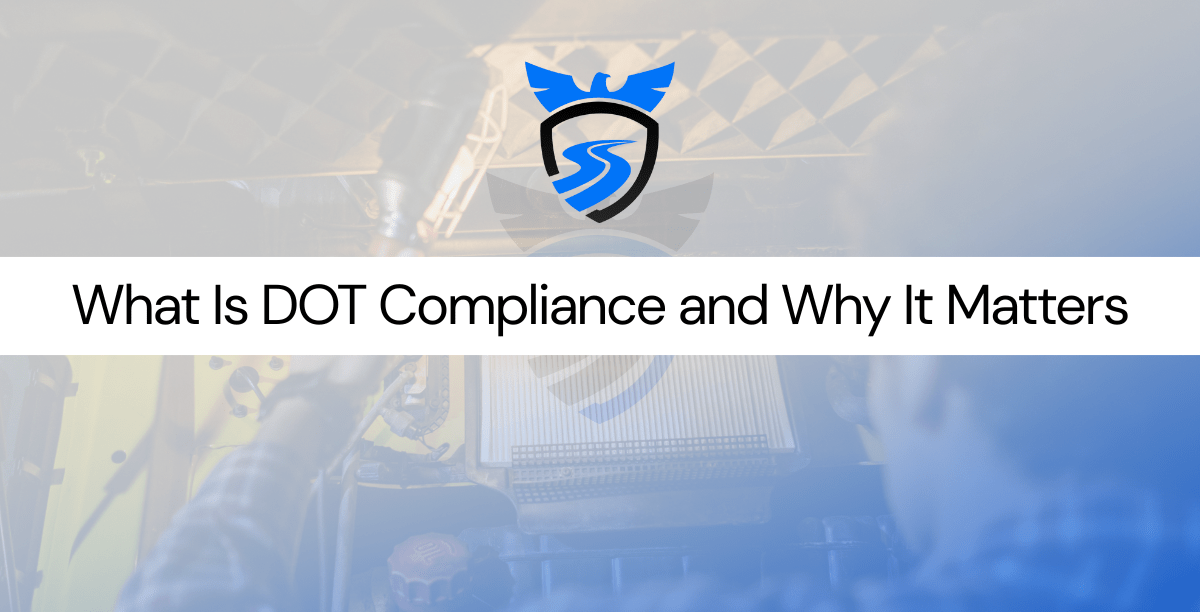
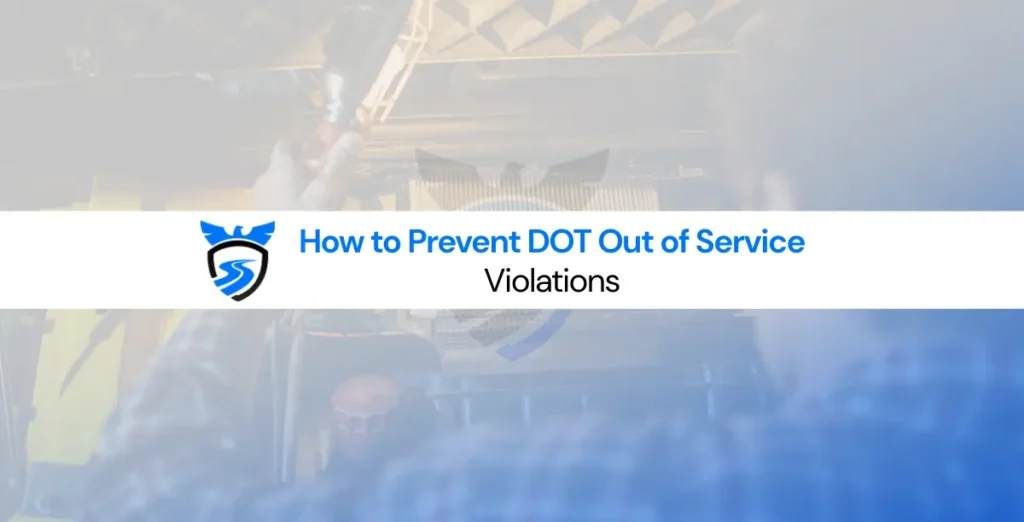
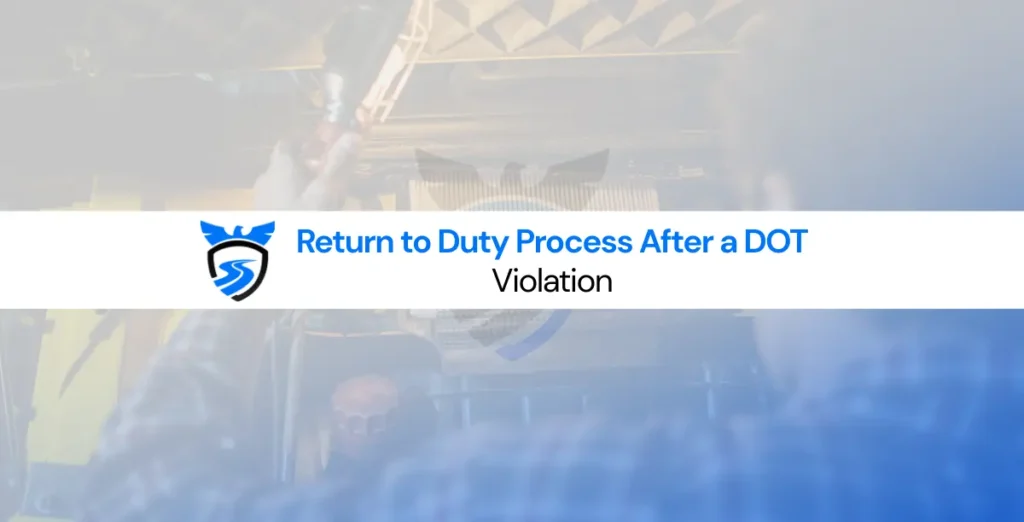
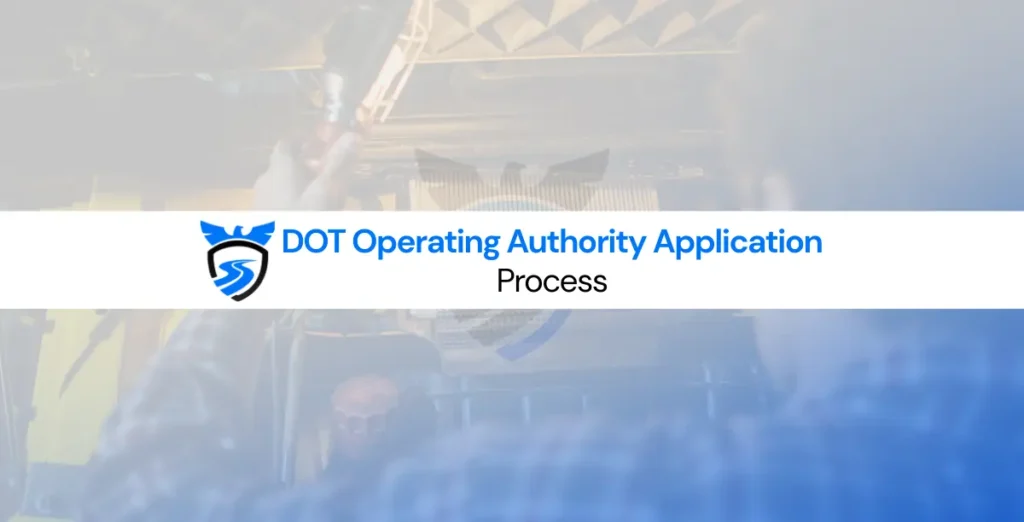
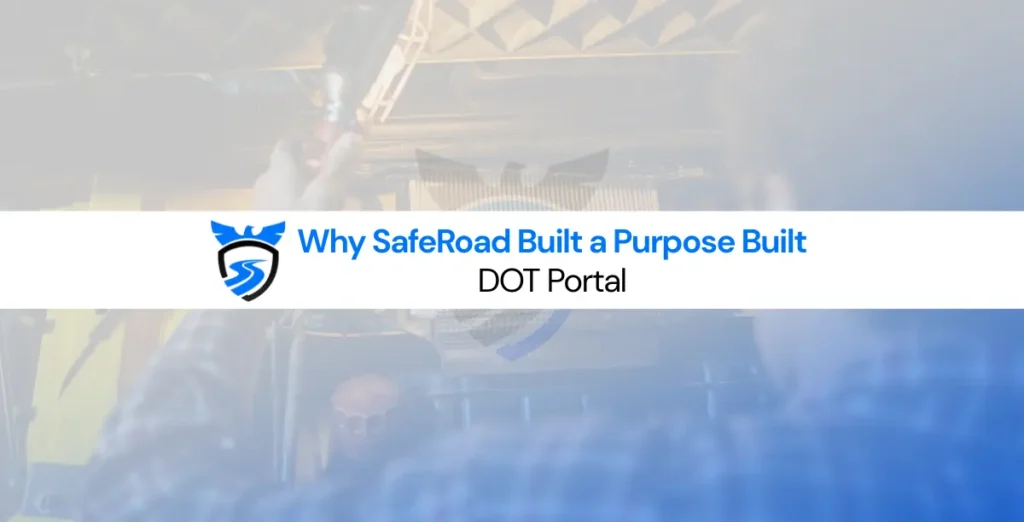
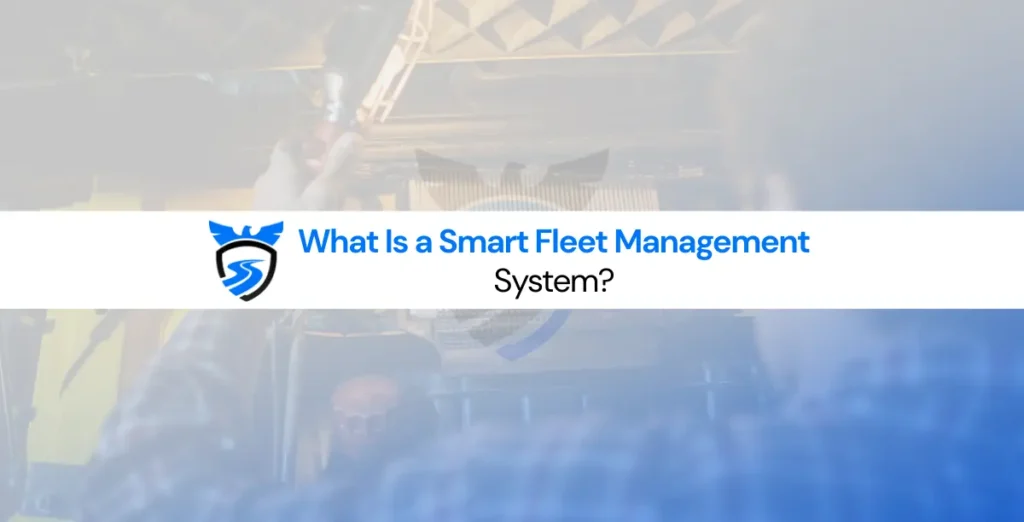
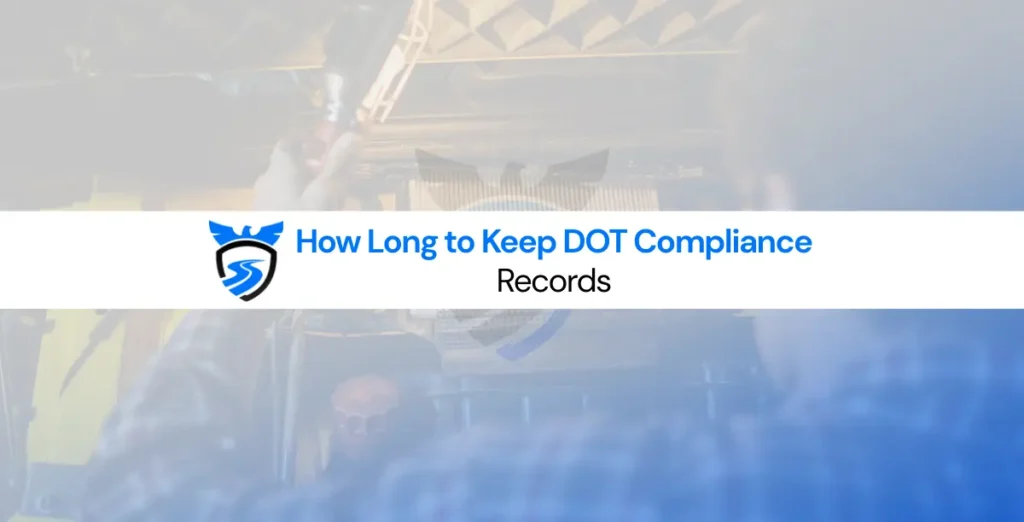
One Response